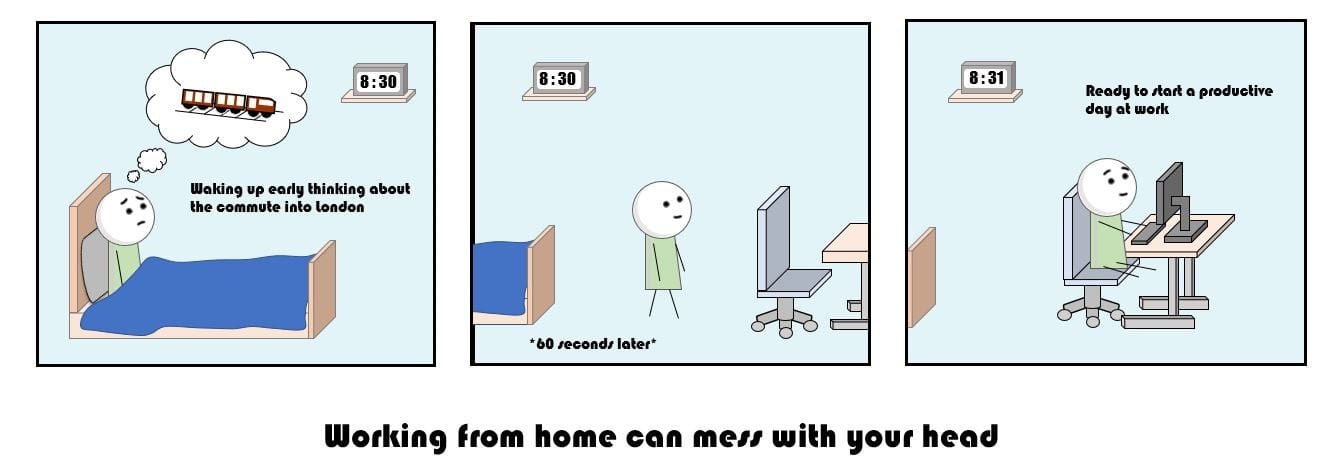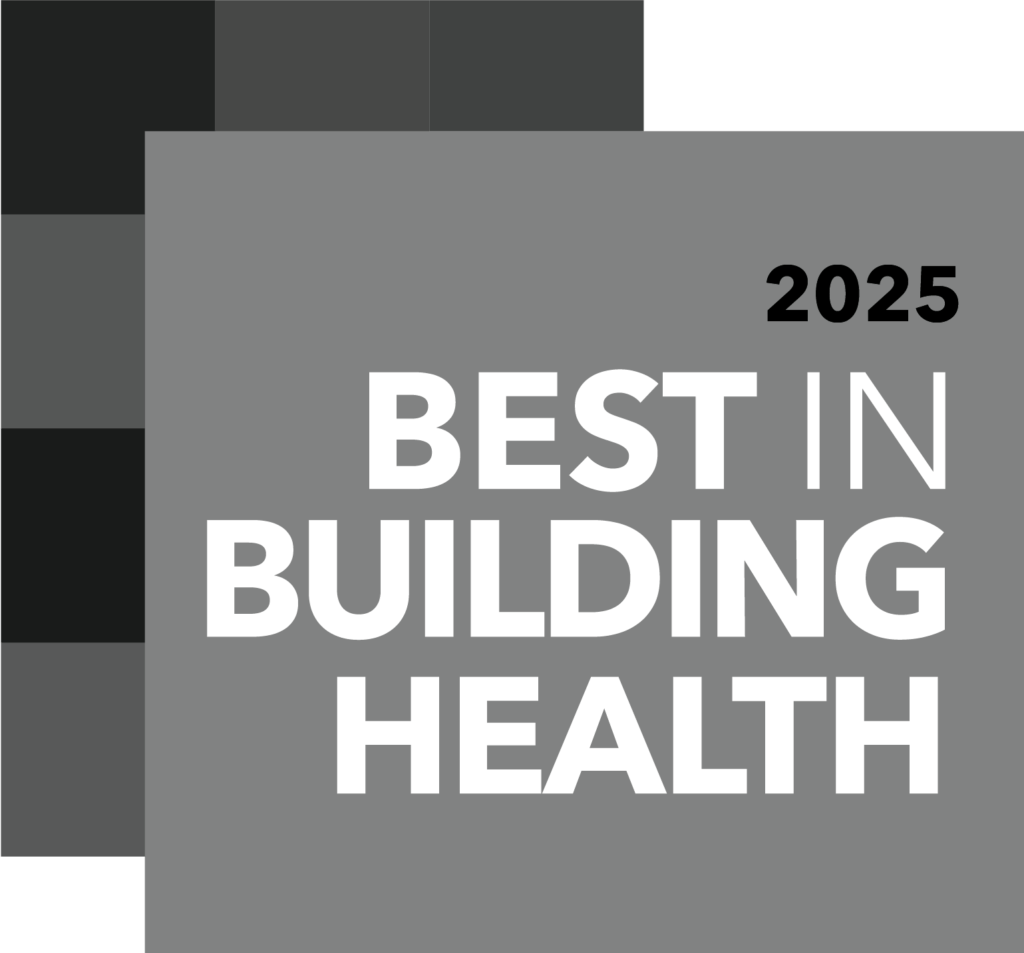
Thought
Helpful Tips on Staying Well while Working from Home
Humans are social beings and being isolated for an extended period of time can affect mental health and wellbeing. Working from home is often comfortable and helpful when it is on an ad hoc basis. In the current, unprecedented times however, working from home could become unexpectedly stressful. This short page is aimed at providing some physical and mental health tips to keep us all well, healthy and happy during this period.
Mental and Physical Health are equally important: it is often easy to forget the link between mental and physical health, especially in the technology-driven 21st Century.
Here are some key factors to consider:
- Try to keep a separate place for your work which you can walk away from. It is important to keep a mental and physical separation between work and home, wherever possible. If this is not practical, try working in different spaces to give yourself variety.
- Set a daily routine, including getting up and dressed as you would normally. For those with children at home now too, establish a routine for the whole family that allows time together and time doing your own things. Respect each other’s boundaries, both physical and mental, and keep communication lines open.
- Take regular breaks away from work. Have lunch or breaks away from your screen and switch all the reminders and alarms off so that your brain can relax.
- Specify a ‘working day’ and ‘leave the office’, closing your work down.
- Be aware of your mental health. How is your mood? Are you sleeping well? It can often help to look at yourself as you might a friend, and see how you are doing.
- Replace your usual in-person activities with video calls and regular updates. Humans are social animal for the most part and thrive on engagement with others; we will all need this as we adjust.
- Control your exposure to the media and information, perhaps limiting to one specific time of the day. Being surrounded by constant updates and repeated alarming news can be stressful and raise your own levels of worry and concern.
- Be generous to yourself, and others. This is not normal and will not last. Be as kind to yourself as you would be to your close friends and family.
Physical Considerations
- Make sure you have a comfortable place to work where you can see properly
- Ensure you have good exposure to natural daylight
- Your chair should be the right height to allow you to work comfortably and the desk should allow you to sit with your legs underneath it
- Try not to work on the sofa or similar “soft” areas for extended periods and look after your back and posture
- Drink plenty of water! It can be helpful to use the same bottle each day with a set amount of water. Current advice is that adults should on average drink 1.5 to 2 litres of water per day.
- Movement during the day is also important. Try to stretch every 15 or so minutes, and move around regularly.
- Take regular breaks, ideally by leaving the house (within the government guidelines). A change of scene and some fresh air are critical to maintaining health & wellbeing.
- Keep exercising! There are ways to exercise outside which will still maintain isolation, and there are plenty of videos available with ways to exercise inside at home. Keeping your mind and body healthy in tandem will ensure that you are the most resilient you can be during this period.
- Laugh!! There is a great body of evidence which shows the positive benefits of laughter. Keep calling each other and have a good time together, add in some conscious comedy viewing.
- Stay in touch with your work teams too; strong bonds are formed between teams and these will be helpful and supportive as we all stay at home. Try to use video communications as much as possible, not just audio.
Getting fresh air safely
- Open the windows, it is important to let fresh air into your home. Regularly changing the air in your home will reduce carbon dioxide and chemicals, as well as provide a link to the outside world, all of which keep us alert and more able to concentrate.
- Go for a walk or spend time outside, within the current government rules (see link below).
For more advice and tips, here are some external web links:
Please note – these Tips should be used in the spirit in which they were shared: best practice sourced form multiple agencies and informed people. They do not replace official advice or government updates and should not be considered as such.
Thank you to our very own Thomas Hutton for the cartoon!













